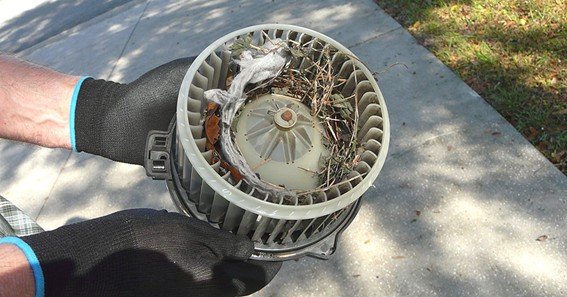When considering the AC motor cost, it’s essential to recognize that prices can vary significantly based on several factors, including motor type, power rating, brand, and application. Whether you’re replacing a residential HVAC motor or sourcing industrial-grade motors, understanding these variables can help you make informed decisions.
Factors Influencing AC Motor Pricing
1. Motor Type
-
Single-Phase Motors: Commonly used in residential applications, these motors are generally more affordable.
-
Three-Phase Motors: Typically found in industrial settings, these motors offer higher efficiency but come at a higher cost.
-
Synchronous vs. Asynchronous Motors: Synchronous motors, known for precise speed control, are usually priced higher than asynchronous (induction) motors.
2. Power Rating
The motor’s horsepower (HP) or kilowatt (kW) rating directly impacts its cost. Higher power ratings generally mean higher prices due to increased material and manufacturing requirements.
3. Brand and Quality
Established brands may charge a premium for their motors, reflecting quality, durability, and warranty offerings.
4. Application and Specifications
Motors designed for specific applications or with specialized features (e.g., explosion-proof, high-efficiency) can be more expensive.
Average AC Motor Costs
While prices can vary, here’s a general breakdown:
-
Residential HVAC Fan Motors: Replacement costs range from $300 to $700, depending on the model and labor costs.
-
Industrial AC Motors: Prices can range from $100 to over $1,000, influenced by power rating and specifications.
-
Blower Motors: Replacement costs typically fall between $500 and $1,800, factoring in parts and labor.
Replacement Considerations
When replacing an AC motor, consider the following:
-
Compatibility: Ensure the new motor matches the specifications of the old one, including voltage, speed, and mounting type.
-
Efficiency: Upgrading to a high-efficiency motor can result in energy savings over time.
-
Professional Installation: While DIY replacement is possible for some, professional installation ensures safety and proper setup.
Frequently Asked Questions
Q1: What is the typical lifespan of an AC motor?
A: AC motors can last between 10 to 20 years, depending on usage, maintenance, and operating conditions.
Q2: Can I replace an AC motor myself?
A: While some individuals with electrical experience may replace motors themselves, it’s generally recommended to hire a professional to ensure safety and compliance with local codes.
Q3: How can I determine the right motor for my application?
A: Consult the equipment’s manual or a professional to match the motor’s specifications, including voltage, horsepower, and speed requirements.
Q4: Are high-efficiency motors worth the extra cost?
A: High-efficiency motors can reduce energy consumption, leading to cost savings over time, especially in applications with continuous operation.
Q5: What factors can lead to AC motor failure?
A: Common causes include overheating, electrical overloads, poor maintenance, and environmental factors like moisture or dust.
Understanding the AC motor cost involves considering various factors, from motor type and power rating to application-specific requirements. By evaluating these elements, you can make informed decisions that balance performance needs with budget considerations.










